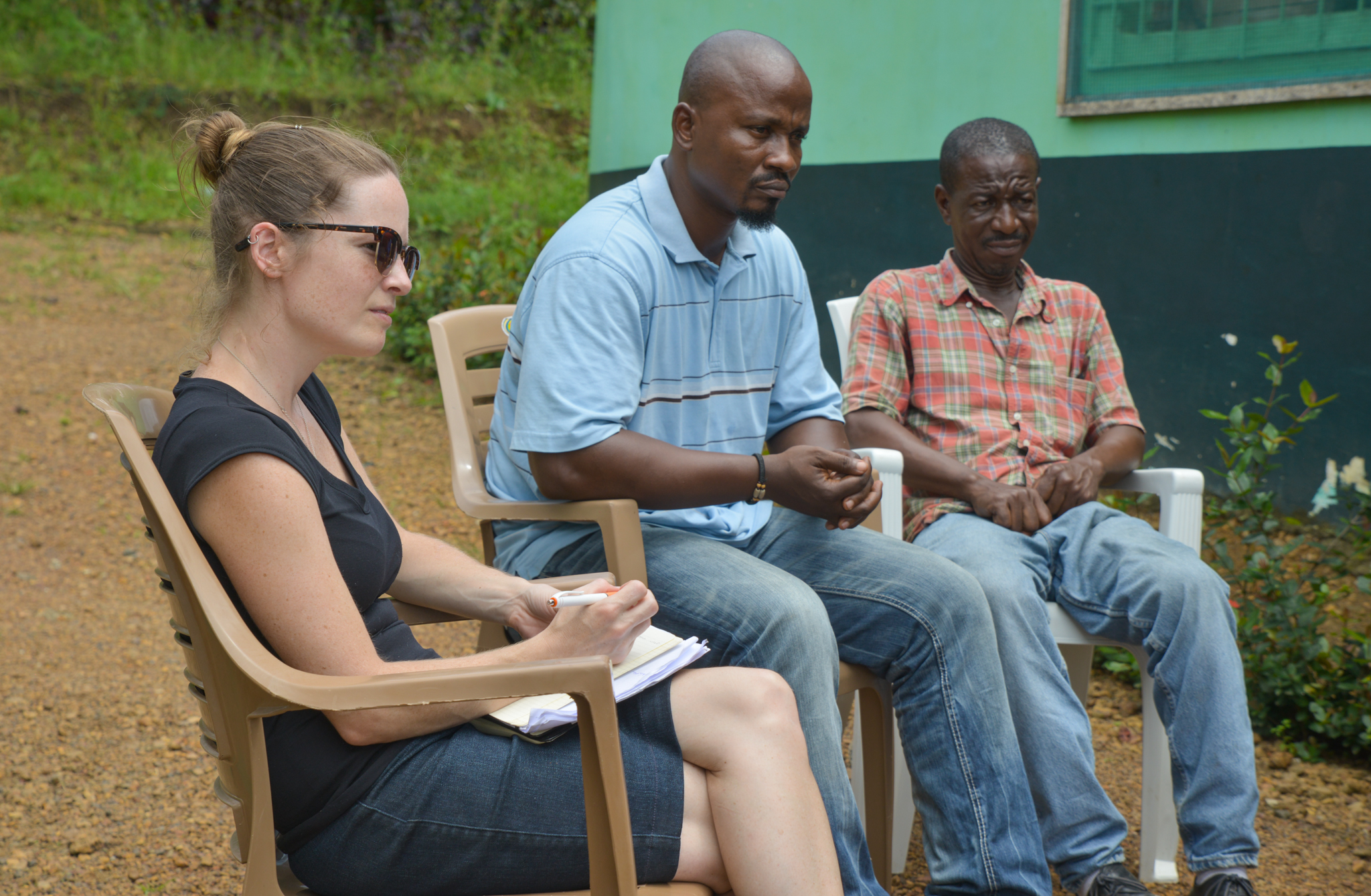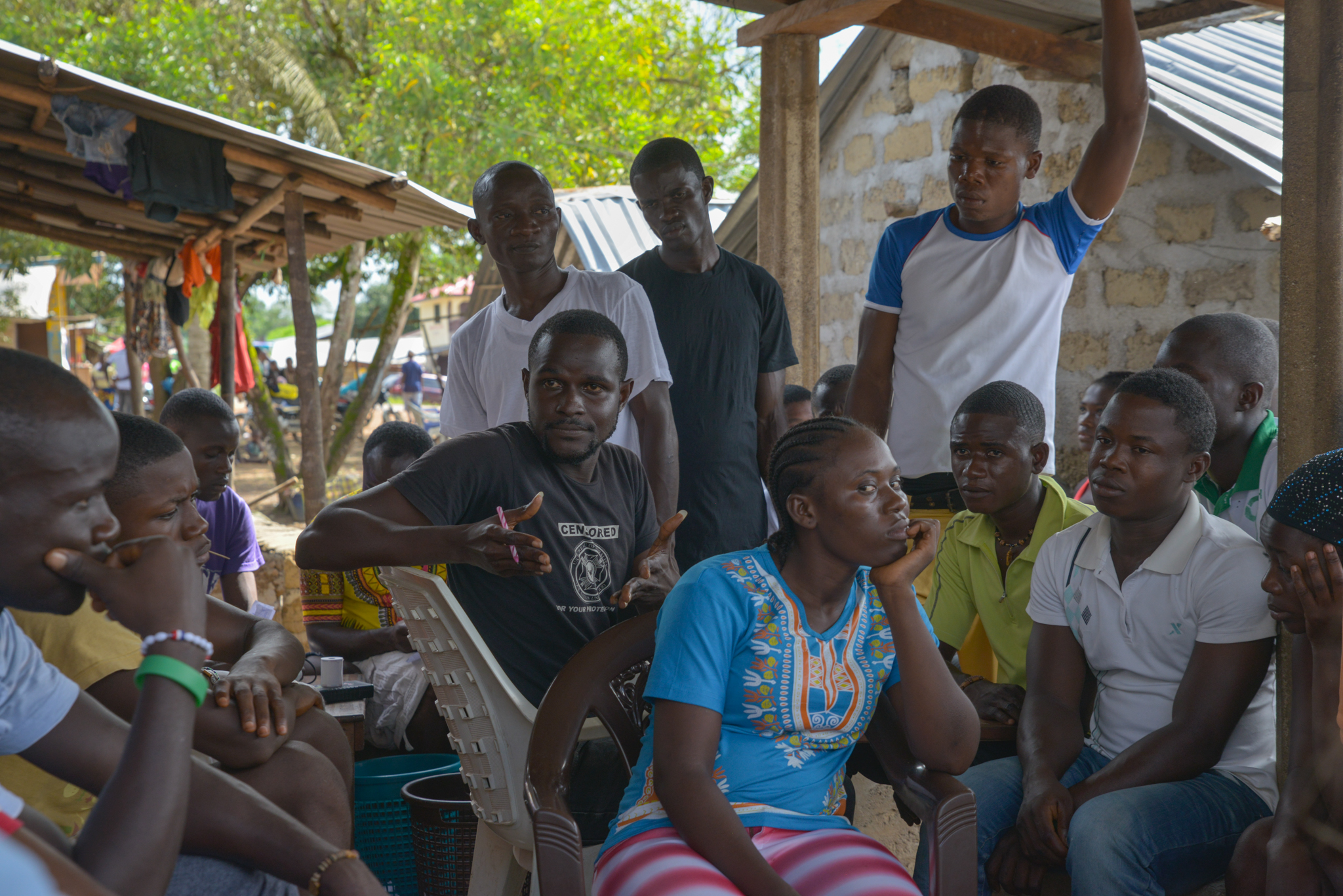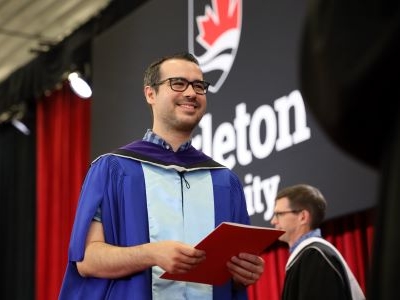In 2012, Heather Gilberds was working for Farm Radio International in Malawi and Tanzania. The Canadian NGO works with more than 500 radio partners in 38 African countries to meet the needs of small-scale farmers in rural communities.

While Gilberds was working at Farm Radio International, the first Ebola outbreak was erupting in Liberia, where poor communication between the aid organizations and the local populace was exacerbating the situation. Gilberds wondered: Could Farm Radio International’s approach to communication be used in an emergency?
“I talked to the executive director and we thought our method of training broadcasters, who are trusted local voices in communities, could be really useful in these countries if it was rapidly deployed,” recalls Gilberds. The idea inspired her to make that question the focus of her research for a PhD in Communication.
“Specifically, I am now looking at how organizations involved in humanitarian response and reconstruction incorporate information technologies, communication methodologies and feedback processes to mobilize citizens,” she explains.
Gilberds says the Ebola outbreak in Liberia exposed the limitations of a communications response that doesn’t easily collect and incorporate feedback or participation from the community.
“It was prepackaged information that was blasted out at them,” she recalls. “There were a lot of rumors and the community was slow to mobilize. They didn’t trust the information.”
Gilberds is currently in Liberia studying the communications breakdown that occurred during the crisis, with support from the International Development Research Centre of Canada. She advocates the idea of working with local radio stations to get ongoing feedback from the community about the challenges they’re facing, and the different and often conflicting things they are hearing.
“North American frameworks don’t translate well in a post-conflict like Liberia, where there is a lot of mistrust in the government and the aid community” says Gilberds. “The biggest struggle to effectively communicate during a crisis is changing the mindset of those in the aid community who are committed to the traditional, top-down approach.”

Wednesday, October 19, 2016 in Grad Student Research, News
Share: Twitter, Facebook





